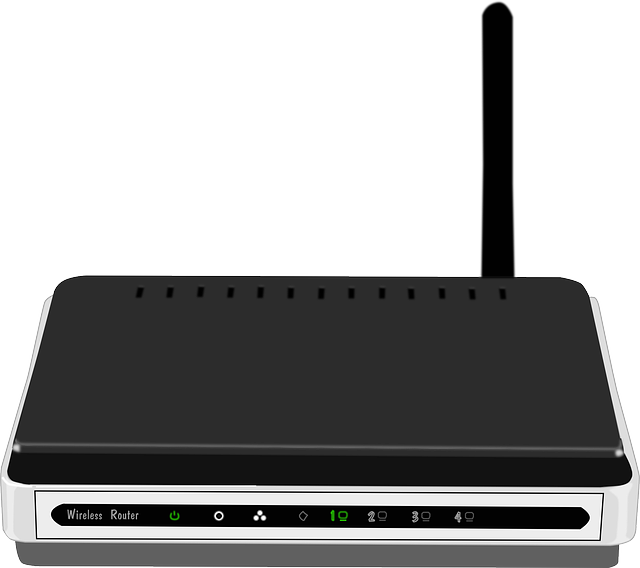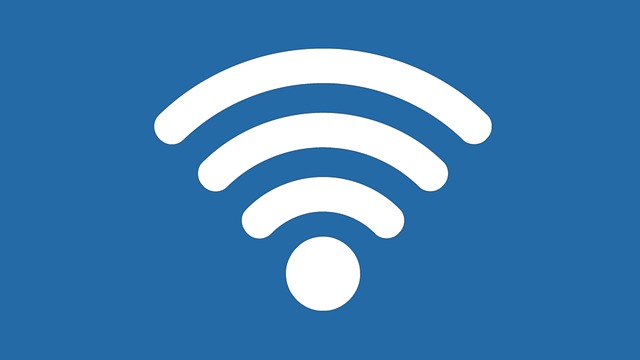What is a Router and How Does it Work?
What is a Router and How Does it Work?
Most of us have one and most don’t actually know what they do. Simply put, a router is a communication management center, connecting devices to the internet and with each other. Without it we would have no home network.
Knowing a few things about how a router works gives you a good idea of which one is best for your needs. The WiFi router in our homes is a very important piece of IT hardware. Choose the right one, understand how to secure it and you should have trouble free usage. You also need to be able to set it up correctly, and part of this process is knowing your router’s IP address. There are thousands of configurations. For example:

- 192.168 0.1
- 192.168 1.254
- 192.168.100.1
- 192.168.2.1
- 10.0.0.1
There are many more.
Your Network and How a Router Manages It

The average home has a multitude of smart devices. We connect to the internet in all kinds of ways. Long gone are the days of a lone PC connected via a modem to the landline. Devices abound that can connect you to the internet. Now we have smart TVs, printers, home heating and lighting, notebooks, and tablets, with many more being introduced at a rapid rate.
You can bring all of these devices together with the router to form your home network. The router directs all information coming into or going out of the network as efficiently as possible.
Think of your router as your network’s postal sorting office. The post office has physical parcels and letters coming in all addressed to different locations. These are sorted into their respective areas to be delivered. So the router has a similar job. Data parcels are moving around your network and to and from the internet. The router assigns a local IP address for each device within the network. This is necessary to make sure you lose nothing in the ether. As the router transfers information between devices, it does the job of sending it to the right place.
Modem and Router What’s the Difference?
This is an area where many people get confused. If you have been using computers for a while now you may well remember the days of connecting to the internet via your modem and telephone line. Dial tones and connection waiting times are a thing of the past but modems are still necessary, they just do a slightly different job.
The word modem is made up of modulate/demodulate. Back when all internet connections were dial up, the modem translated information to and from our digital devices. This was because phone lines use analog signals and computers are digital.
Things have moved on now and most modern routers have a modem built in. The modem has evolved. Now we have cable, satellite and WiFi services, but it still has the job of connecting your devices to the internet. The router however takes the packets of digital information to and from the modem and delivers them to the right IP address within your network. You can still manage a network using a router without a modem, you just won’t be connected to the internet.
Wired or Wireless?

Routers come in two forms: wired or wireless. The difference is merely how devices connect to the router. Wired routers only have cable ports for Local Area Network or LAN for short. Wireless routers have antennae and WiFi adapters to allow the wireless connection. Most routers now fall in the dual function category. They come with both LAN ports and WiFi capability.
Getting the Best WiFi Coverage
The strength of your WiFi signal within your home network depends on a couple of things.
- How big your house is: This contributes greatly to the strength of your connectivity.
- Barriers that exist in your home: If you have thick walls, chimneys, solid staircases and even large mirrors, these can all obstruct the signal. These obstructions can turn one area of your house into a WiFi black spot.
Source a router that has the power to cover your entire house. There are routers that have what is known as a mesh network, this will vastly improve your WiFi coverage. If you have trouble finding one with a mesh network, you might consider a WiFi booster. Boosters are what they say they are, they boost the WiFi signal around your house. They will not increase the signal strength, that is up to your provider.They just help push the signal around your house.
More Bang For Your Buck
Speed and performance is the name of the game. IT evolves at an astounding rate, routers are no different. Choosing the latest technology with the ability to update is very important. Firmware changes are regular.
One such technology MU-MIMO is now standard, and it stands for, multi-user, multi-input, multi-output. This technology means WiFi routers now communicate with multiple devices at the same time with data flowing back and forth seamlessly. Your network speed is greatly improved, so no more buffering and hanging about.
Safe And Secure WiFi

Hackers are the bane of all IT users. These days cybercrime has become increasingly sophisticated. It is relatively easy for a low skilled criminal to gain unauthorized access to your unsecured network. Malware, viruses and spyware can be installed easily without your knowledge.
Luckily routers now come with network level protection. This is the first line of defense and will stop a lot of attacks at the port of entry. Don’t stop there though. There are many more security features that top level routers have built in. Look for:
- Signed firmware updates.
- Quarantine features.
- Automatic software updates.
User Friendliness
It doesn’t matter how good a piece of technology is. If you can’t understand how to use it, it’s pointless spending the money. Your router has fast become a very important part of your networked home. Choose wisely.
A model with all the bells and whistles is great if you know how to play them. Most manufacturers understand the average home user doesn’t have a degree in computer science. The vast majority of modern routers are easy to set up and maintain. There are models that have apps helping you set up guest networks. You can set parental controls, time limits and so on.
When it’s time to find a new router or upgrade to a new system, take a little time and do some homework. Check whether the new system will make the grade. There are some excellent models out there. Just make sure you get the right tool for the job. As we move more toward the integrated smart home the routers we use will have more and more importance. Understanding what you want from your router will help you plan ahead.